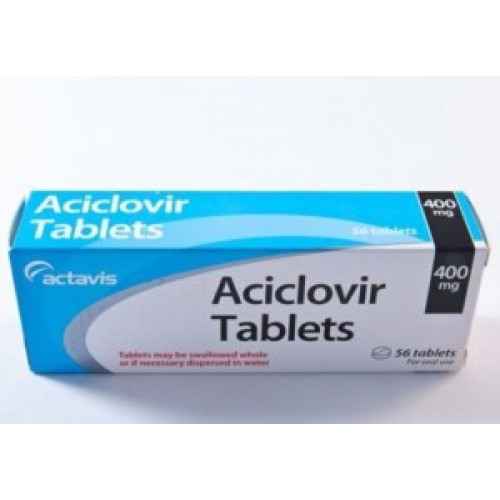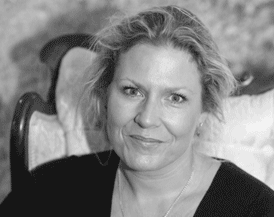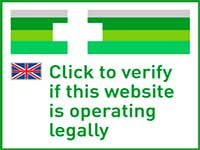What are cold sores?
Cold sores, also known as fever blisters, is a common viral infection. They are small, fluid-filled blisters that develop on the lips or around the mouth. The sores can be quite painful, causing the skin around it to become red and swollen, leaking a clear fluid.
Cold sores often start with a tingling, itching or burning sensation around the mouth. It is caused by the herpes simplex virus (HSV) and usually clears up without treatment within 7-10 days, without any scarring. Symptoms don't appear at the time you are infected with the virus, an outbreak of cold sores may happen at a later time, often triggered by factors such as fatigue, injury to the area or menstruation for women.
Cold sores can be passed from person to person as the Herpes Simplex Virus is highly contagious. Some people may have frequently recurring cold sores, while some might get one and never have another.
Symptoms don't show when you first contract the virus, an outbreak usually occurs at a later time, which might keep coming back for some people, while others never experience an outbreak at all.
Symptoms that may develop due to the primary infection of the virus can be quite severe, and they vary between children and adults, but are most likely to develop in children aged below 5. These include;
- Swollen and irritated gums with small, painful sores in and around the mouth, known as herpes simplex gingivostomatitis
- Sore throat and swollen glands
- Producing more saliva than normal
- High temperature of 38c or above
- Dehydration
- Nausea
- Headaches
Herpes simplex gingivostomatitis can last 7-14 days, the sores might take up to three weeks to heal and doesn't usually recur after the primary infection.
In adults, primary herpes is rare, but the symptoms experienced are similar to those of children. Adults usually develop a sore throat without swollen glands, bad breath and painful sores in and around your mouth which can develop into ulcers. If contracted at an early age, the condition might be triggered periodically in later life, causing recurring bouts of cold sores.
Recurrent infections usually last for less time than primary infections, and are less severe. The outbreaks start with a tingling, itching or burning sensation around your mouth. Small fluid-filled sores will then develop, usually on the edges of your lower lip. If you have frequent recurrent infections, you may develop cold sores in the same place every time. They may grow in size and cause irritation and pain, oozing before crusting or scabbing in 48 hours.
Cold sores are caused by the Herpes Simplex Virus (HSV-1). It can also be caused by the Herpes Simplex Virus 2 (HSV-2), which is contracted during oral sex with a person who has the infection. In most cases, the virus is passed on in early childhood, for example when a child is hugged or kissed by a family member. The virus passes through the skin and travels up the nerves, where it lies inactive until it is later triggered.
There are numerous factors which might trigger the condition in people with the virus.
- Having another infection, such as a respiratory tract infection
- Having a high temperature
- emotional or psychological stress
- Tiredness and fatigue
- An injury to the affected area
- Menstruation
- Strong sunlight
However, in many cases there might not be an obvious trigger for an outbreak. People with a weakened immune system are at higher risk of complications from the virus.
Medical conditions and treatments that increase your risk include;
- HIV/AIDS
- Severe burns
- Eczma
- Chemotherapy
- Anti-rejection drugs for organ transplants
Cold sores aren't often difficult to diagnose. Your GP can diagnose the condition by examining the symptoms and asking certain questions regarding exposure to the HSV virus.
Tests are usually not required, however, if a diagnosis is not clear, Herpes tests may be done, where a sample of fluid is taken from the sore and tested for the virus.
Once contracted, the HSV virus stays in your body for the rest of your life and cannot be cured. However treatment can reduce the number of cold sores you might get and their severity.
Cold sores usually clear up within 7-10 days, without any treatment, however we can prescribe Antiviral tablets or creams that can be used to ease your symptoms and speed up the healing time.
Antiviral creams and tablets
If used correctly and in time, antivirals such as Aciclovir or Panciclovir ease the symptoms, speed up the healing processes and disable the virus from spreading and replicating. However, using an antiviral after the initial period will unlikely have much effect.
If you tend to experience frequently recurring bouts of cold sores you may use antiviral medication as soon as you start to feel the tingling or burning sensation.
There are also several non-antiviral creams available, however they are not specifically designed to treat cold sores, but may help ease any pain or irritation.






